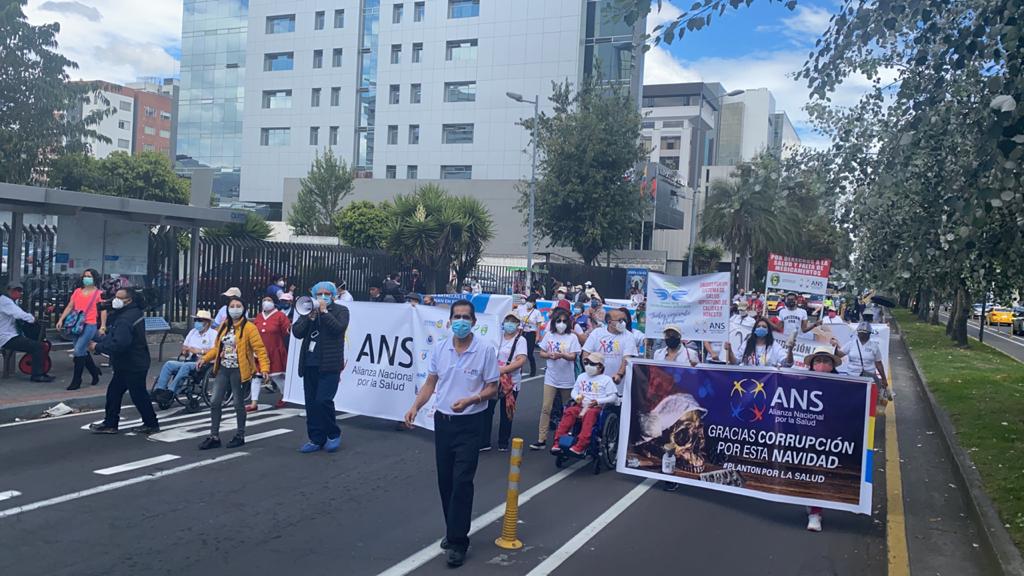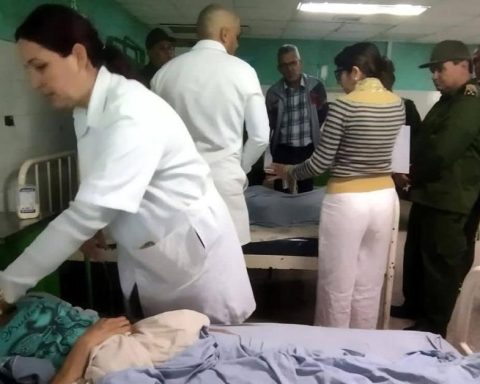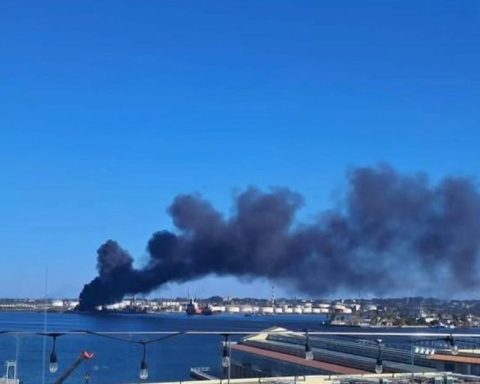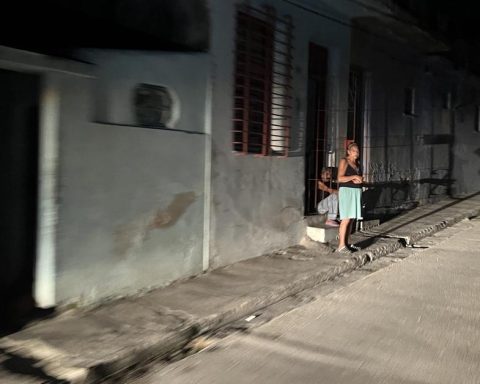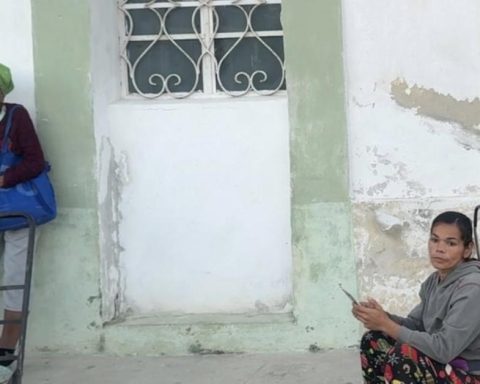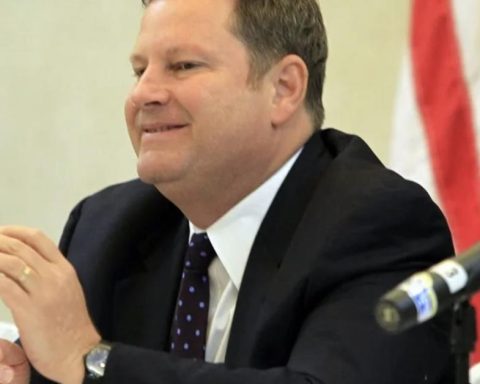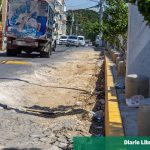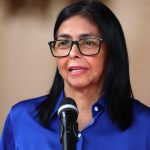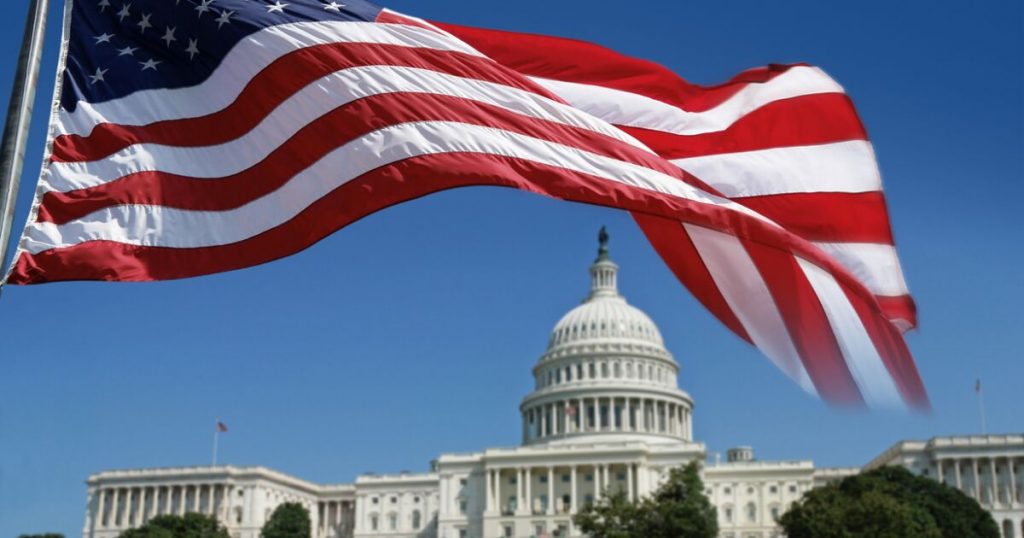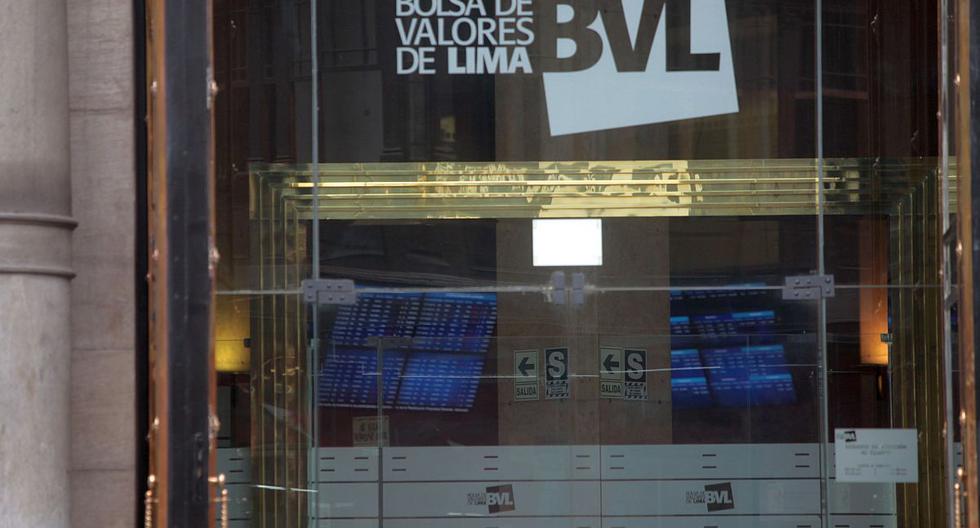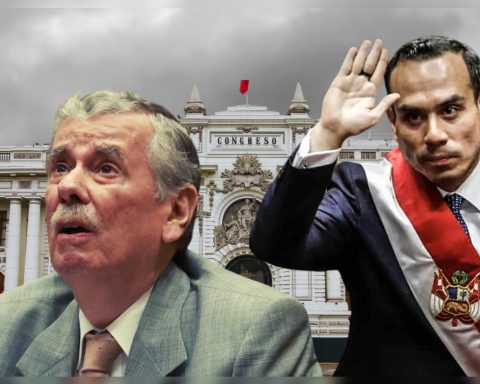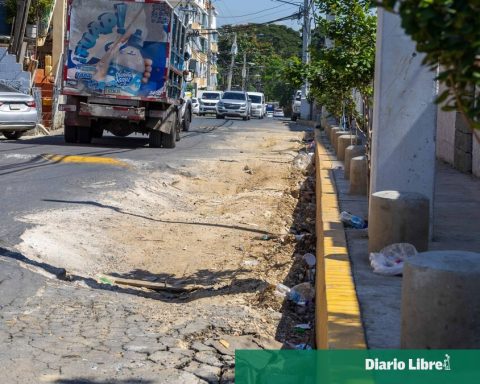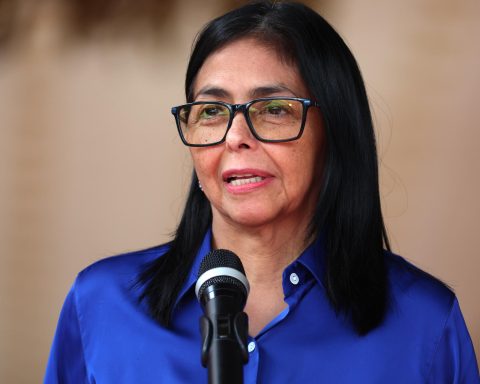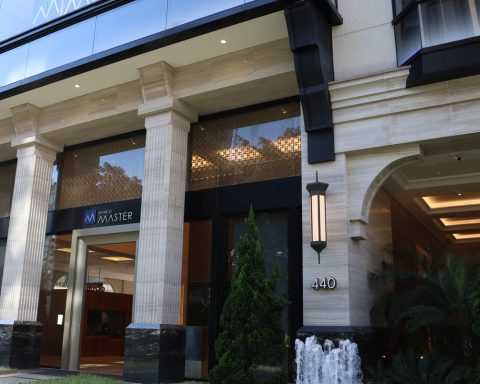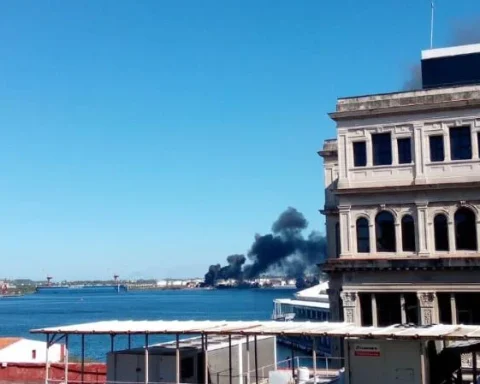Among those most affected are patients with catastrophic illnesses. The shortage of medicines reaches 48%, nationwide.
Of the 123 essential drugs of Ecuador’s public health system, the Government has only managed to acquire 42. This means that the shortage in the hospitals arrive at 48%.
The Minister of Health, Ximena Garzón, explained to the National Assembly that during the health emergency (declared in August 2021) there were 81 medications whose purchasing processes they declared deserts, Due to the lack of offer.
Desperate for medicine
Elizabeth Balseca has been fighting breast cancer for nine years. In 2020, they told him that they would stop giving him injectable chemotherapy and would switch to oral chemotherapy. “But at the Eugenio Espejo (hospital) there are no medications,” he says.
In July 2021, the Fundación Jóvenes Contra el Cáncer managed to deliver treatment for a month, through the initiative ‘Temporary First Aid Kit’, with which it hoped to meet the drug needs of cancer patients while the Ministry of Health carried out the purchase process .
Balseca says that a prescription costs him close to $ 2,000, an amount he cannot afford. His case is not the only one, other cancer patients suffer from the shortage that is not now, but since 2020, which means that they must interrupt their treatments.
Diego Jimbo, member of the National Agreement Against Cancer, indicated that they want to be taken into account in the work tables of the Ministry of Health.
“We want to be part of the Conasa (National Health Council) to deliver contributions on how to improve the acquisition of medicines, “he explained.
Minister Garzón pointed out that the drugs purchased represented a cost of $1.9 million and that diversified between drugs for the treatment of chronic illnesses (26%), Cancer (24%), antinfections and antibacterials (twenty%), sedation and analgesia (7%), transplants (6%), cardiac therapy6%), arterial hypertension (6%) and antithrombotic agents (5%).
Shortcomings in the public procurement process
The solution proposed by the Ministry of Health is to reform the regulation of the Organic Law of the Public Procurement System. What is sought is that
there is a methodology in which the acquisition of medicines is through the pharmacy outsourcing, that there is a corporate electronic catalog-electronic reverse auction (in-hospital purchases), institutional reverse auction (goods not available in the catalog), single supplier for drugs-special regime (not in the catalog) and direct importation. These actions, the Government authorities have highlighted, no means the privatization of health.
Public procurement processes present at least five shortcomings. Among these, it stands out that the portal of public purchases it does not suit people’s needs. “If you do not know how to use the portal, it will be difficult for you to find the information you require,” said Aníbal Muñoz, an economist and researcher, in 2020.
Delay gives way to smuggling
Jimbo reproached that during two months of emergency it has not been possible to buy, nor 50% of the essential medicines and detailed that, “despair” gives way to drug smuggling to gain ground and endanger citizens.
On November 5, 2021, the Police disarticulated a gang dedicated to the smuggling of adulterated medicines without a sanitary registration that were marketed in Quito and Imbabura. Among the merchandise was found terramycin (antibiotic to treat infections) “which is no longer in circulation for many years,” explained the Police and requested that products without health registration be purchased.
The Police seized more than a million pills whose components are unknown, what could cause poisoning. (AVV)
